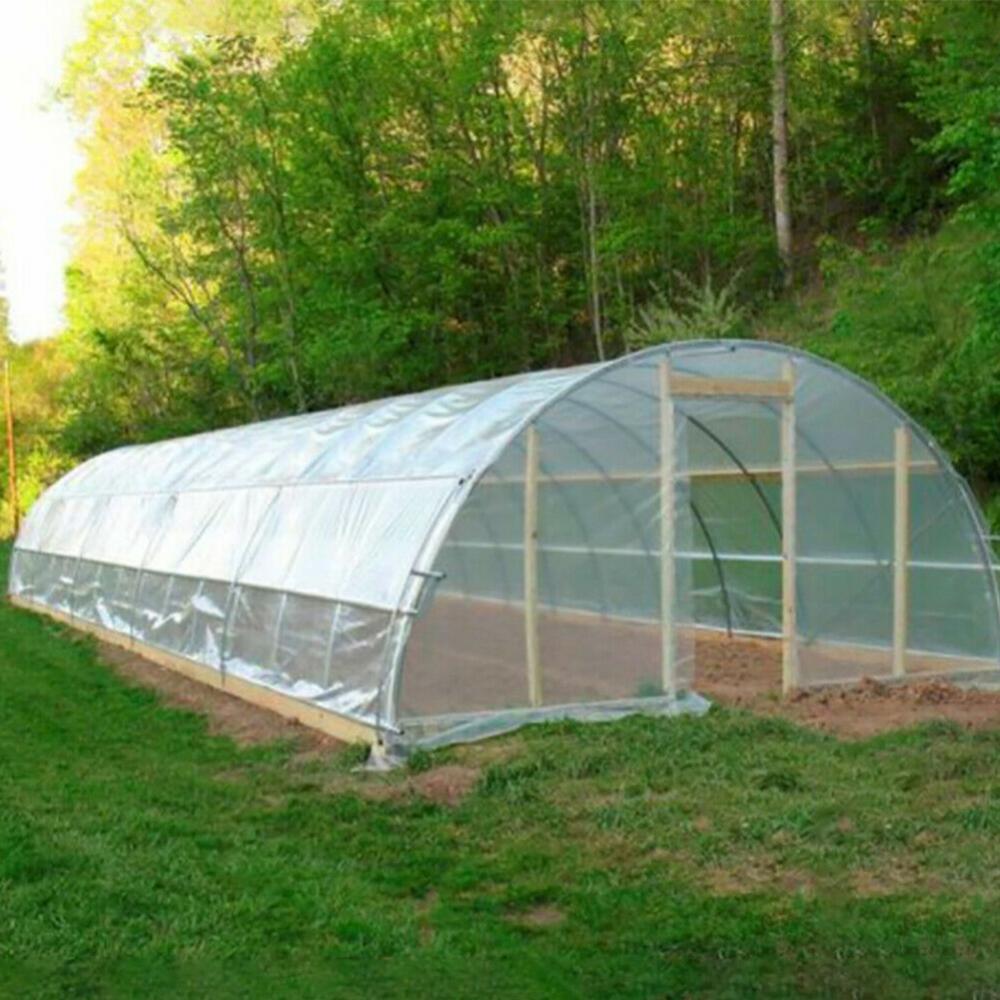If you’re a keen gardener, then you will already know that multiple factors can cause damage to the plants and flowers in your garden. Everything from wild animals and birds, to extreme temperatures, bugs and weather conditions can harm your garden and make it harder for things to grow. This article will look at the various ways you can prevent garden damage.
Polytunnel Sheeting
You can use polytunnel sheeting to protect the most delicate plants and flowers from extreme temperature changes, such as frost or strong sunlight. Polytunnels can help you create higher temperatures and humidity in your garden so you can grow fruit and veg even when the British weather isn’t great! Polytunnel sheeting also keeps birds and wild animals from getting to your plants and can protect crops from wind and rain.
Polytunnel Netting
Polytunnel netting provides your plants, offering them ventilation and shade and it can also help to protect your plants from pests such as insects and birds. Unlike polytunnel sheeting, polytunnel nets still allow rainwater to filter through to your plants, but the netting will reduce windspeed significantly and will also protect your plants against extreme weather such as hailstones and heavy snowfall.
Fences
Fences are a first-line of defence for your plants, and can prevent or deter wild animals from entering your garden in the first instance. They’re particularly useful if you live in a rural area and are struggling with visiting wildlife eating your plants.
There are different types of fencing available and which you choose will depend on several factors, such as the look you want to achieve, how much you want to spend and how durable or animal-proof your fence needs to be. Picket and post fencing both look attractive and are a good option for front gardens but the gaps allow animals to pass through quite easily. Close board or overlap fencing is the type of fence many people will have in their back garden and standing at around 6 foot tall, this type of fence can deter wild animals from climbing over, however it will still be possible for the determined to burrow underneath! If you want to find out what your options are when it comes to fencing contact a residential fencing services in your area.
Wire fences or barriers around your plants can also provide added protection and are more long-lasting than plastic alternatives.
Chemical Crop Protection
Chemical crop protection is another way to protect your plants. Pesticides can be divided into three different categories – herbicides can be used to control weeds, insecticides are aimed at controlling insects and fungicides protect plans from fungal organisms.
However, pesticides are not without their problems and in some instances, may even be harmful to both wildlife and human health. Therefore the Royal Horticultural Society warns that chemicals should be a last-resort for gardeners and advises gardeners that non-chemical remedies are usually effective in offering adequate protection for your plants.

